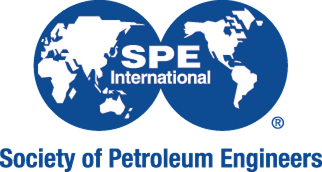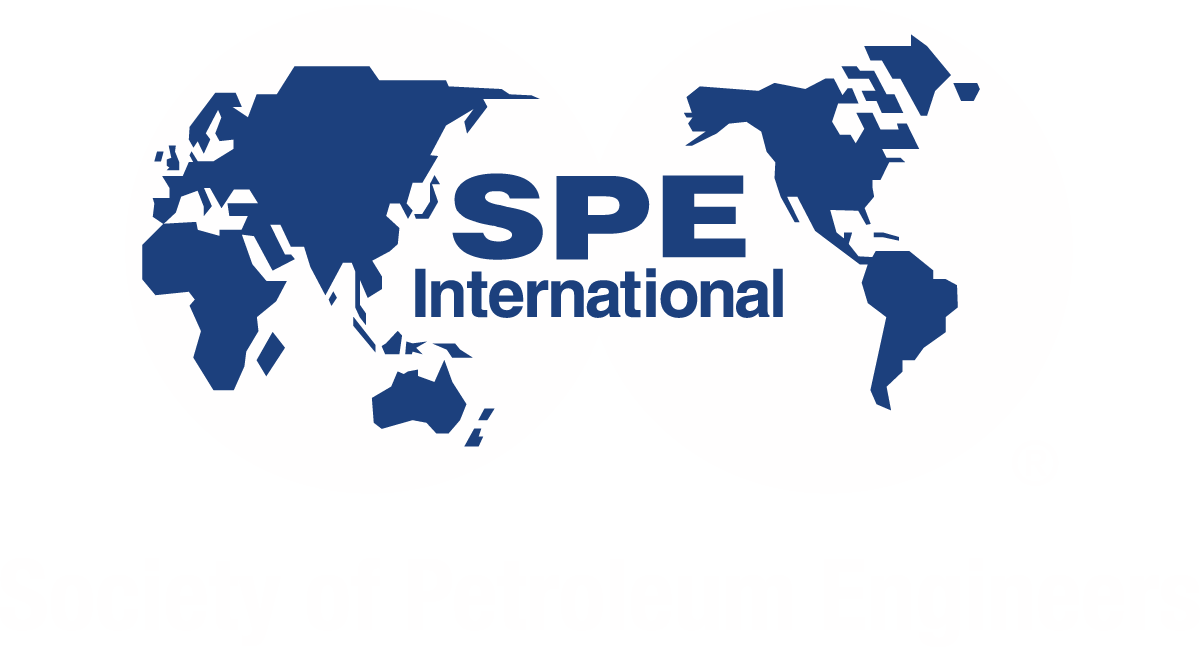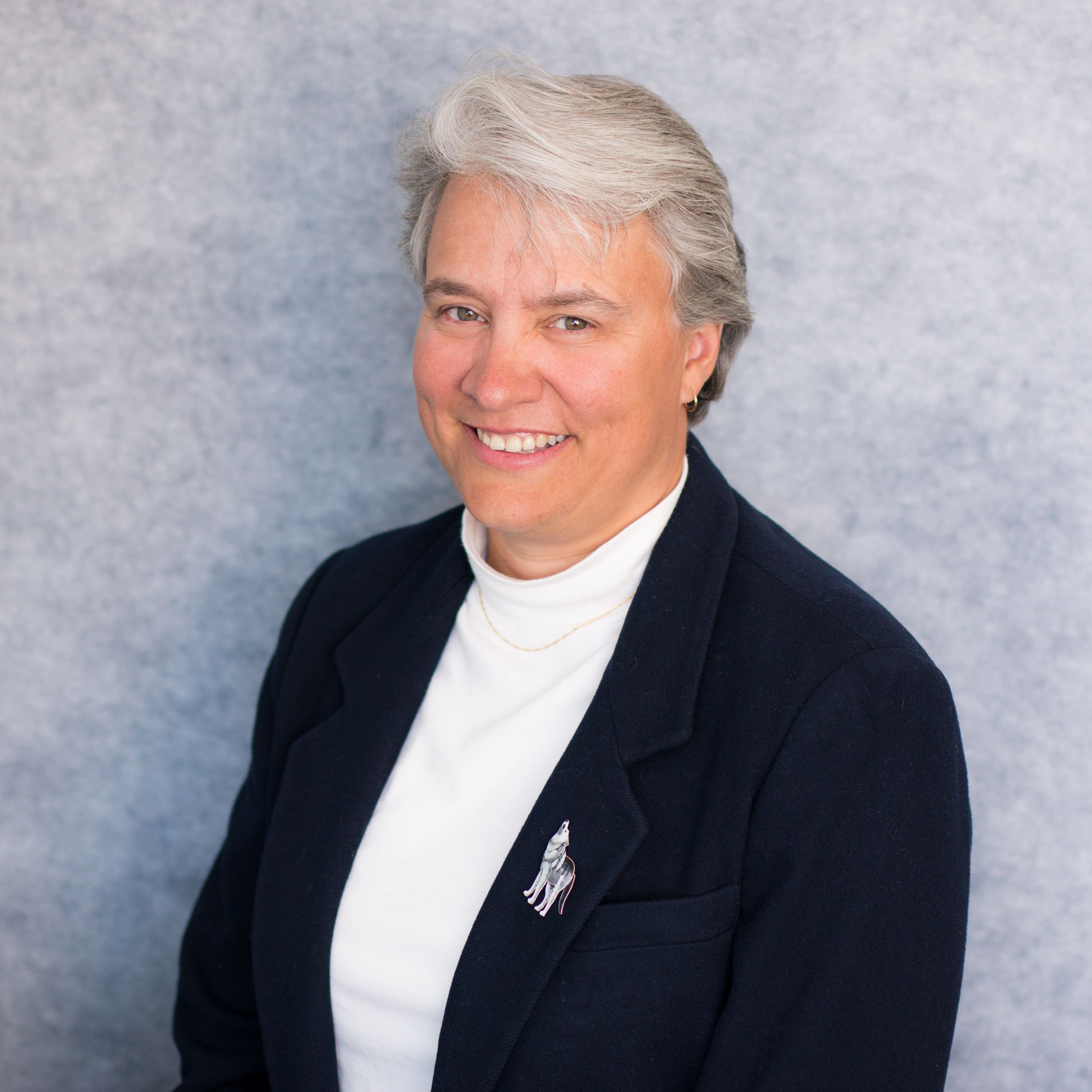Thursday, 22 August | 1200 - 1315
The past ten years have brought tremendous changes and challenges for petroleum engineering education. University petroleum engineering programs saw record high enrollments in the mid-2010’s, however, the industry downturn followed by the global pandemic has now resulted in some of the lowest enrollment and graduation rates in decades. Underlying these cyclic issues, lies the impact of the energy transition that raises concerns with potential and incoming students. The combination of these factors has resulted in the “perfect storm” of low supply while demand shows indications of strongly rebounding.
Throughout all these changes, petroleum engineering programs have been adjusting in a variety of ways. Many are expanding program offerings, others are modifying program names, while almost all have expanded into associated subsurface engineering opportunities such as geothermal, carbon sequestration, and hydrogen. Some of these changes have been viewed as objectionable; however, they also bring tremendous opportunities. Contrary to numerous reports, the petroleum industry is not dying and will be needed for decades to come. When coupled together with these new opportunities, incoming petroleum engineering students potentially have one of the most optimistic outlooks ever available.
However, convincing potential students of these opportunities in the face of continuous negative reports and adverse outlooks is a major task. We must get new students into these programs, as well as show the potential paths to young professionals that are already in the workforce, and it is incumbent on all of us to help with this recruiting and workforce development. This presentation will discuss the current state of petroleum and subsurface engineering programs, as well as provide data on current trends. It will also discuss tactics that all of us can apply when speaking with young people about the petroleum industry, which can have far-reaching benefits for all of us whether they choose to pursue a career in such or not.


.png)
 Dr. Jennifer L. Miskimins is the Department Head of the Petroleum Engineering Department at the Colorado School of Mines, where she holds the F.H. Mick Merelli/Cimarex Energy Distinguished Department Head Chair. With over 30 years of experience in the petroleum industry, Dr. Miskimins has a background as a production/completions engineer and production foreman at Marathon Oil Company.
Dr. Jennifer L. Miskimins is the Department Head of the Petroleum Engineering Department at the Colorado School of Mines, where she holds the F.H. Mick Merelli/Cimarex Energy Distinguished Department Head Chair. With over 30 years of experience in the petroleum industry, Dr. Miskimins has a background as a production/completions engineer and production foreman at Marathon Oil Company.